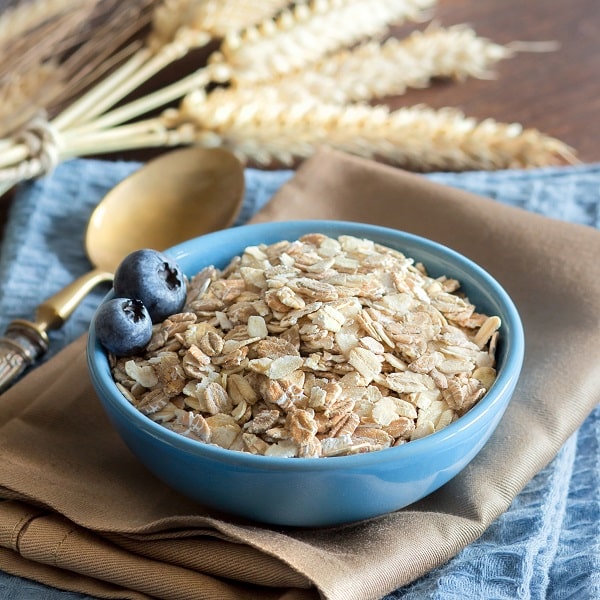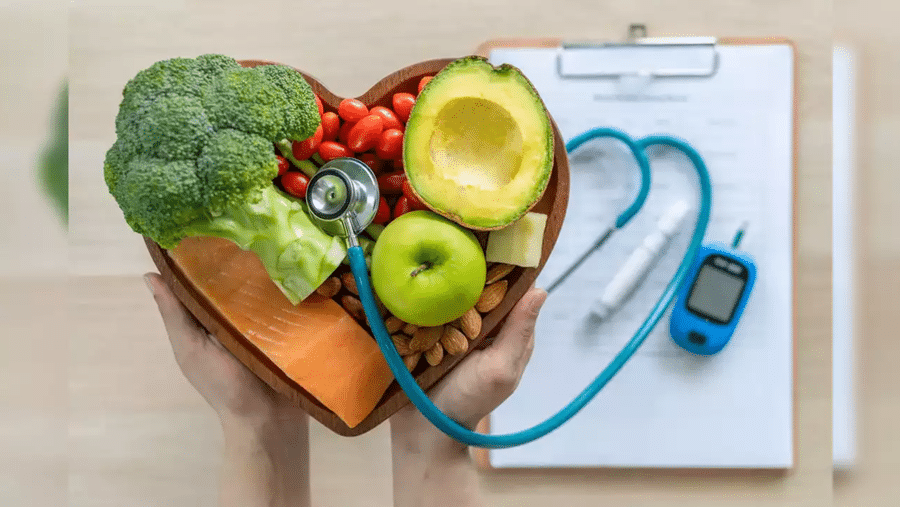In the bustle of your morning routine, cereal often finds its place as the go-to breakfast choice for many, primarily for its convenience. While it may be a time-saver, typical store-bought cereal is often loaded with sugars and refined grains, offering little nutrient value. This article explores healthier alternatives to cereal, aiming to provide options that are easy and quick and packed with nutrients essential to kickstart your day.
Contents
- 1 Understanding Breakfast Cereals
- 2 The Importance Of A Healthy Breakfast
- 3 Criteria For Healthier Alternatives
- 4 Healthier Alternative 1: Whole Grain Toast With Avocado
- 5 Healthier Alternative 2: Greek Yogurt And Mixed Berries
- 6 Healthier Alternative 3: Overnight Oats
- 7 Healthier Alternative 4: Protein Smoothie
- 8 Healthier Alternative 5: Egg-based breakfast
- 9 The Bottom Line
Understanding Breakfast Cereals

Cereals, as you know them today, have evolved significantly since their initial introduction. Originally conceived as a health food in the late 19th century, breakfast cereals have now transformed into sugary, brightly colored concoctions marketed towards all age groups. Unfortunately, this evolution has often been at the expense of nutritional quality, with many cereals high in sugar and low in fiber.
Moreover, while fortified with vitamins and minerals, these processed cereals lack the natural nutritional complexity found in whole foods. Regular consumption of such cereals, especially those high in sugar, has been linked to obesity, type 2 diabetes, and heart disease. As such, there’s a growing need to consider healthier alternatives that provide a more balanced nutrient profile.
The Importance Of A Healthy Breakfast

Often dubbed the ‘most important meal of the day,’ breakfast is vital to your overall nutrition and health. Consuming a balanced, nutrient-rich breakfast aids in maintaining steady blood sugar levels, boosting metabolic function, and improving cognitive performance. On the other hand, skipping breakfast or opting for nutrient-poor options can lead to energy slumps and hindered mental focus.
The key to a healthy breakfast lies in its macronutrient balance. A breakfast rich in proteins, complex carbohydrates, and healthy fats provides sustained energy and keeps you satiated until your next meal. Unfortunately, typical breakfast cereals often lack this balance, predominantly carbohydrate-based with little protein or fiber.
Criteria For Healthier Alternatives

So, what exactly makes a breakfast alternative “healthier”? First and foremost, it should be lower in sugar than your average cereal. This helps control blood sugar levels and reduces the risk of chronic illnesses. The alternative should also be high in fiber, contributing to better digestive health and keeping you full longer.
Moreover, the alternative should be nutrient-dense and made from whole foods with minimal processing. It’s also important to consider potential allergies and dietary restrictions. For instance, those with celiac disease or gluten intolerance need gluten-free options, while vegans require plant-based proteins. With these criteria in mind, let’s explore healthier alternatives to breakfast cereal.
Healthier Alternative 1: Whole Grain Toast With Avocado

Whole grain toast with avocado is a simple, quick, and highly nutritious breakfast alternative. Whole grains are fiber-rich, aiding digestion and promoting a sense of fullness, preventing overeating. Furthermore, they offer a variety of vitamins and minerals, contributing to overall health.
Adding avocado to this breakfast brings ample healthy fats, particularly monounsaturated fats, that support heart health. Avocados are also a good source of vitamins C, E, K, and B-6. You create a delicious, satisfying breakfast packed with nutrients by topping your whole-grain toast with slices of avocado.
Healthier Alternative 2: Greek Yogurt And Mixed Berries

Another excellent substitute for sugary cereals is Greek yogurt with mixed berries. Greek yogurt is high in protein, promoting muscle health and keeping you full longer. It is also a good probiotic source, contributing to a healthy gut microbiome.
Mixed berries, on the other hand, offer a sweet taste with a fraction of the sugar found in breakfast cereals. They’re also loaded with antioxidants that combat harmful free radicals in the body. A serving of Greek yogurt with mixed berries in the morning balances protein, healthy carbs, and essential nutrients.
Healthier Alternative 3: Overnight Oats

Overnight oats are a customizable, nutrient-dense breakfast option. They’re prepared by soaking oats in milk or a dairy-free alternative overnight, allowing them to absorb the liquid. Oats are an excellent source of fiber, especially beta-glucan, a type of soluble fiber that can help regulate blood sugar levels.
The beauty of overnight oats is adding an array of toppings to increase the nutrient content. Chia seeds, for instance, are an excellent source of omega-3 fatty acids, fiber, and protein. Nuts, berries, or a spoonful of Greek yogurt can also boost the nutritional profile of your overnight oats.
Healthier Alternative 4: Protein Smoothie

Protein smoothies can be a balanced meal, especially on the go. Using a protein powder – either animal or plant-based – as the base, you can add fruits, vegetables, and healthy fats like avocados or nut butter to create a nutritious and filling breakfast.
Adding leafy greens like spinach or kale lets you get up the fiber and micronutrient content without significantly altering the taste. The end product is a convenient, nutrient-dense beverage that balances protein, healthy fats, and carbohydrates.
Healthier Alternative 5: Egg-based breakfast

Eggs are a classic breakfast food and for a good reason. They are a high-quality source of protein, providing all essential amino acids. They are also rich in vitamins and minerals, including vitamin B12 and selenium. An egg-based breakfast, such as a vegetable omelet or a boiled egg with whole-grain toast, can be a great alternative to cereal.
Eggs also offer the added benefit of being quite satiating, which can help control appetite later in the day. Furthermore, eggs are versatile and can be cooked in numerous ways, allowing for variety in your breakfast routine.
The Bottom Line
Healthier alternatives to breakfast cereals are abundant, ranging from whole grain toasts to protein-rich Greek yogurt, versatile overnight oats, on-the-go protein smoothies, and classic egg-based breakfasts. Each alternative offers unique nutritional benefits and can contribute to a well-rounded diet. Remember, a balanced, nutritious breakfast sets the tone for the day,


